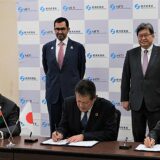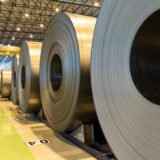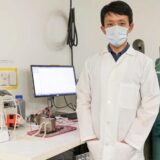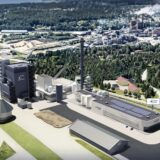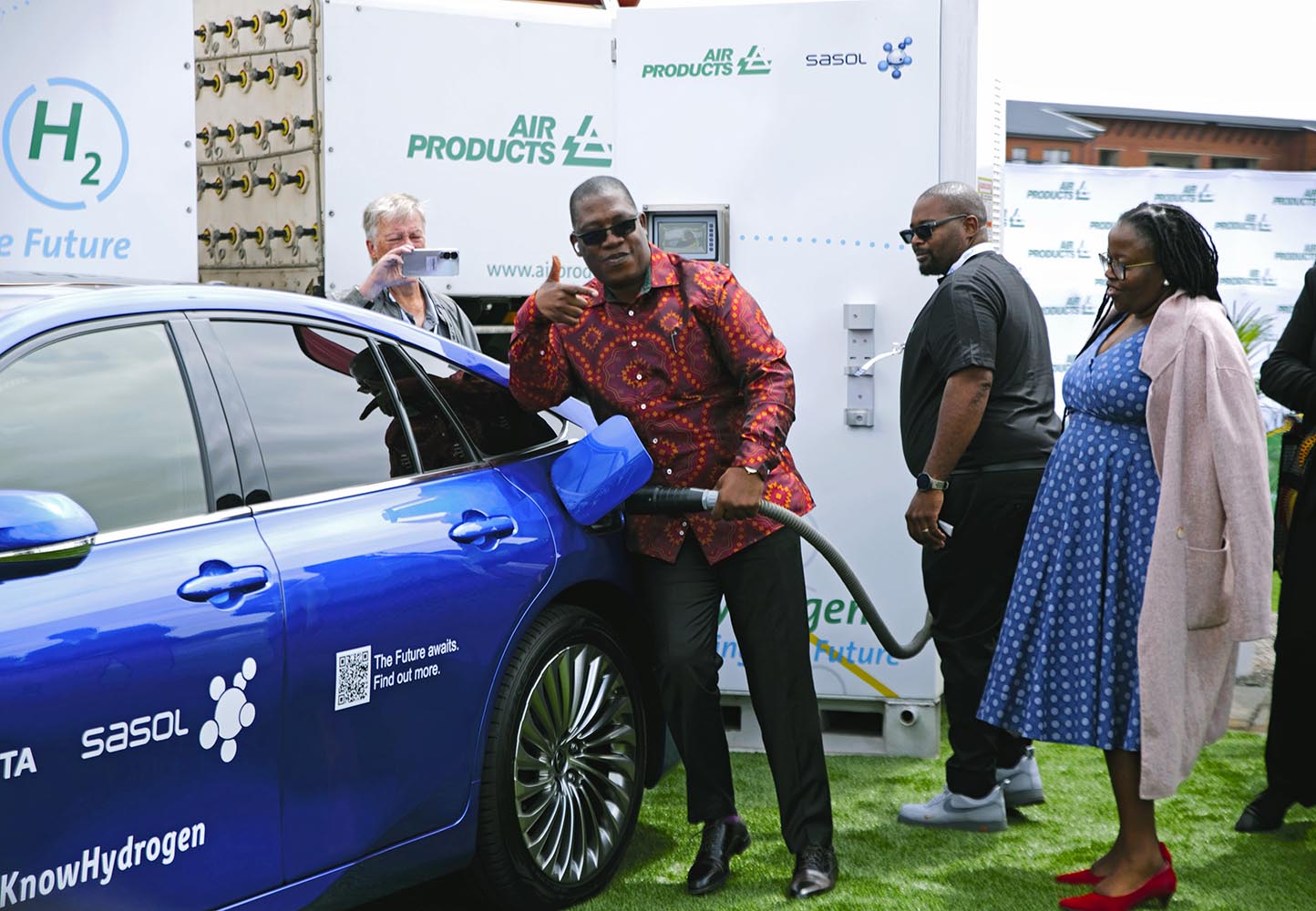
Hydrogen-powered mobility takes a leap forward in South Africa
A significant milestone in sustainable transportation was achieved as Sasol, Toyota South Africa Motors (TSAM), and Air Products South Africa (APSA) unveiled South Africa’s inaugural hydrogen mobility ecosystem at the Smart Mobility Africa Summit.
During the event, VIPs were chauffeured around a test track in a Toyota Mirai fuel cell electric vehicle (FCEV), powered by hydrogen produced by Sasol and dispensed using Air Products’ technology. This collaboration, initiated in 2021, underscores the partners’ commitment to advancing hydrogen as a future fuel.
Fleetwood Grobler, president and CEO of Sasol, highlighted the event as a pivotal moment in developing an on-road hydrogen mobility ecosystem. Sasol recently ventured into green hydrogen production, backed by a 3 megawatt (MW) solar farm in Sasolburg, South Africa, and an upcoming 69 MW wind farm in the Eastern Cape, South Africa, set to be operational by 2024.
The demonstration underscored hydrogen’s potential in decarbonising sectors like long-haul transportation, where electrification remains a challenge. Andrew Kirby, president and CEO of TSAM, noted Toyota’s three-decade-long commitment to hydrogen-powered vehicles. The company has sold more than 25,000 FCEVs globally.
Air Products, with more than 25 years of experience in safe hydrogen fueling and holding 50 patents for the technology, is poised to be a significant player in South Africa’s hydrogen ecosystem. Rob Richardson, the managing director of APSA, emphasised the company’s global footprint in clean energy applications.
The collaboration faces the challenge of commercialising the hydrogen mobility ecosystem, requiring additional partners, investments, and government support. Kirby suggested starting with eco-clusters in high traffic areas, like the Pretoria-Johannesburg region, before expanding along major routes and into other African countries.






